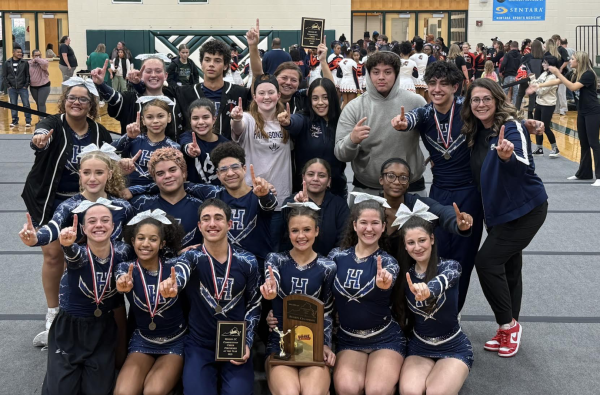Veganism is entitled at best, hypocritical at worst
Chickens totter around in a field in Rockingham County. Vegans do not eat any animal products, including the meat from chickens or their eggs.
Set aside jokes of vegan righteousness and prissy eating. Set aside your muffled giggles and your hippy jokes. Set aside all of the snide comments, because you’re right, we should be critical of vegans. However, you’re still wrong, because it’s not about the righteousness or the prissy eating or any subjective complaint you may have about a wide variety of lifestyle choices. The real problem of veganism lies in the flagrant hypocritical way it claims to be a choice out of love for the environment and the animals living in it. If it was about any of these things, the lifestyle would be structured around things that actually help the planet.
A true vegan lifestyle involves living a life without consuming any animal products. Specifically, it lends itself to not eating any animal products, but it usually extends to cosmetics and clothing as well. So, to be fair, let’s start with the most well known aspect: food.
If a vegan diet were about saving the world, then it would be a fair trade diet.
So what is fair trade? It’s the name for products in which fair prices are paid to producers in third world countries for their products. These products come from small farms that don’t involve mass deforestation or underpaid workers. Fair trade companies are a better alternative than huge corporate farms that emit a large carbon footprint and hire workers for criminally small amounts. Are these products more expensive? Yes, but so is a vegan lifestyle in general. Not to mention, there’s always a local market for these same products, which is essential the same idea as fair trade except there’s even less carbon emitted because of the lack of travel costs. There’s always a solution, and buying from huge pollutants while hiding behind a claimed “love of animals” is not one of them.
That’s another argument that has always seemed hollow. The love of animals is what makes vegans vegan, but how heartless is that? If you value the lives of farm animals, even farm animals that have lived healthy and happy lives on a free range farm, over the lives of the thousands of ill payed and maltreated workers on Driscoll farms, what does that say about you? If you are willing to maltreat people under the hollow claim that is the prime way to help animals, then I would love to hear that explained to anybody who has ever been exploited for labor. The way to help animals isn’t to abstain from them and reject how we have evolved to coexist, but it is to help keep the world we all live in healthy and suitable for life. This may seem like an obvious comment, but evaluate a true vegan lifestyle for what it is and think about it critically.
Polyester isn’t just polyester, it’s plastic. Fake fur isn’t fake fur, it’s plastic. Vegan leather is just a egotistical way of saying plastic.
How does this help anybody?
If animal products are obtained in an ethical and proper way, then animal products have no downside. Leather, fur and wool all decompose faster than plastic and are usually not as cruel as it seems to be. All wool obtained in a correct way will never harm the animal, never even threaten it’s life. It’s just hair! It’s ridiculous! It’s as if the whole practice of abstaining from animal products has become less of a moral promist and more of a pissing contest to see who can hold themself away from as many human temptations as possible.
I don’t want to tell you to compromise how you feel. If you honestly believe that you can never consume an animal product again, then good for you. You are a more empathetic person than I will ever claim to be. However, don’t hide behind that to ignore the problems your choices may be making. Eat from fair trade and local farmers and abstain from products that are only going to shove more plastic into the world we share. Just be smart, and true to exactly what you want to be as a vegan.
Your donation will support the student journalists of Harrisonburg High School. Your contribution will allow us to purchase equipment and cover our annual website hosting costs.









